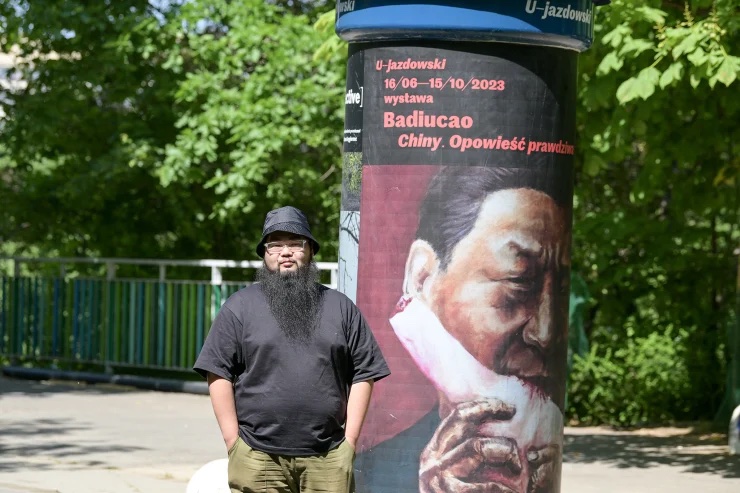[This is a guest post by S. Robert Ramsey]
Your Language Log coverage of the North Korean news item was chilling, but pretty much what we've come to expect of that outrageous regime. If ever there was a clearer contrast between the two worlds in conflict, I've never heard of it. South Korea is now such a star on the world stage and rising so fast, it must be a bitter pill for the regime in Pyongyang to swallow!
Just a couple of things that occurred to me, though: (1) What authorities in Pyongyang do not recognize, or concede, is that though they point to the Pyongyang dialect as the basis of their standard, that very standard itself is based upon the earlier, traditional dialect of Seoul that represented the cultural and linguistic capital of the Joseon Period (–or "Choson" period, as DPRK spelling of the word would have it).
And (2): While on the subject of spellings, it might be worthwhile to point out that the romanization the DPRK uses is based upon the McCune-Reischauer system still used by many Western academics. But the North Korean version is actually more pragmatic than Western academic usage in that the North Koreans eliminate the annoying diacritics of McR that have long exasperated so many Western romanizers–and which Seoul academics used as one of the justifications for the new Revised system they introduced in 2000–and which they so dogmatically insist on now.
Read the rest of this entry »
